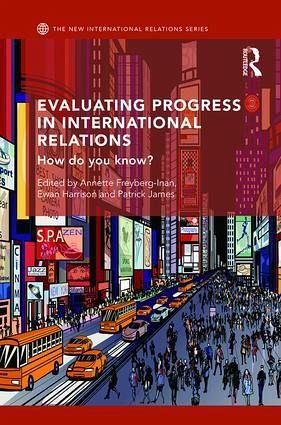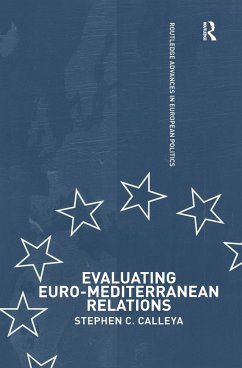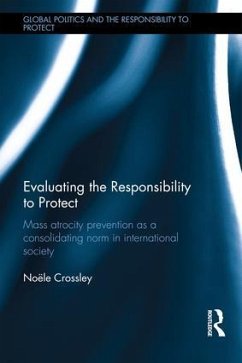
Evaluating Progress in International Relations
How do you know?
Herausgeber: Freyberg-Inan, Annette; James, Patrick; Harrison, Ewan
Versandkostenfrei!
Versandfertig in 1-2 Wochen
186,99 €
inkl. MwSt.

PAYBACK Punkte
93 °P sammeln!
This book evaluates how knowledge is produced by scholarly research into international relations. The authors explore: to what extent is scientific progress and accumulation of knowledge possible? What are the different accounts of how this process takes place? What are the dominant critiques of these understandings of the application of scientific methods to understanding world politics? This is the first book to survey the full range of perspectives available for evaluating scientific progress as well as dominant critiques of scientism. As such it provides a unique key guide to these importa...
This book evaluates how knowledge is produced by scholarly research into international relations. The authors explore: to what extent is scientific progress and accumulation of knowledge possible? What are the different accounts of how this process takes place? What are the dominant critiques of these understandings of the application of scientific methods to understanding world politics? This is the first book to survey the full range of perspectives available for evaluating scientific progress as well as dominant critiques of scientism. As such it provides a unique key guide to these important, salient debates, and will interest students and scholars dealing with research methods in IR.












